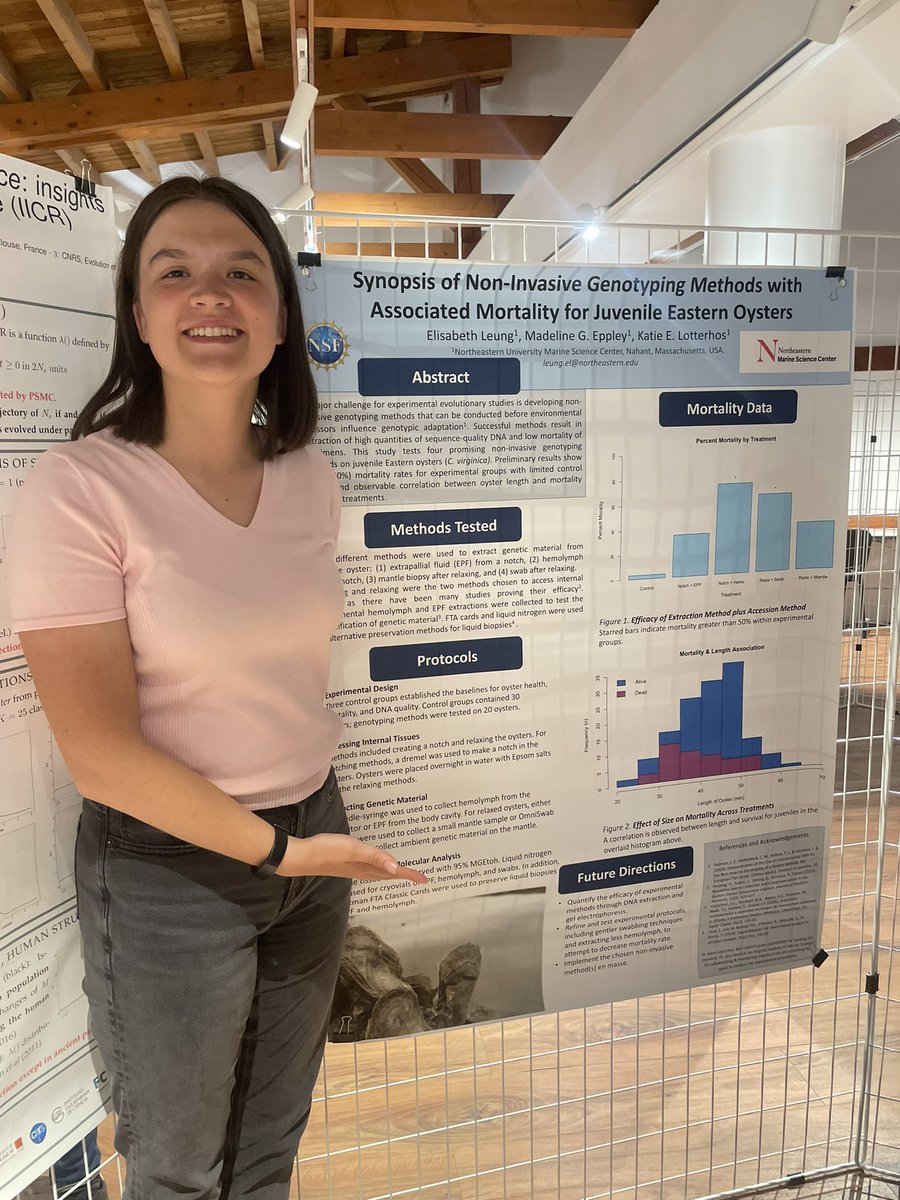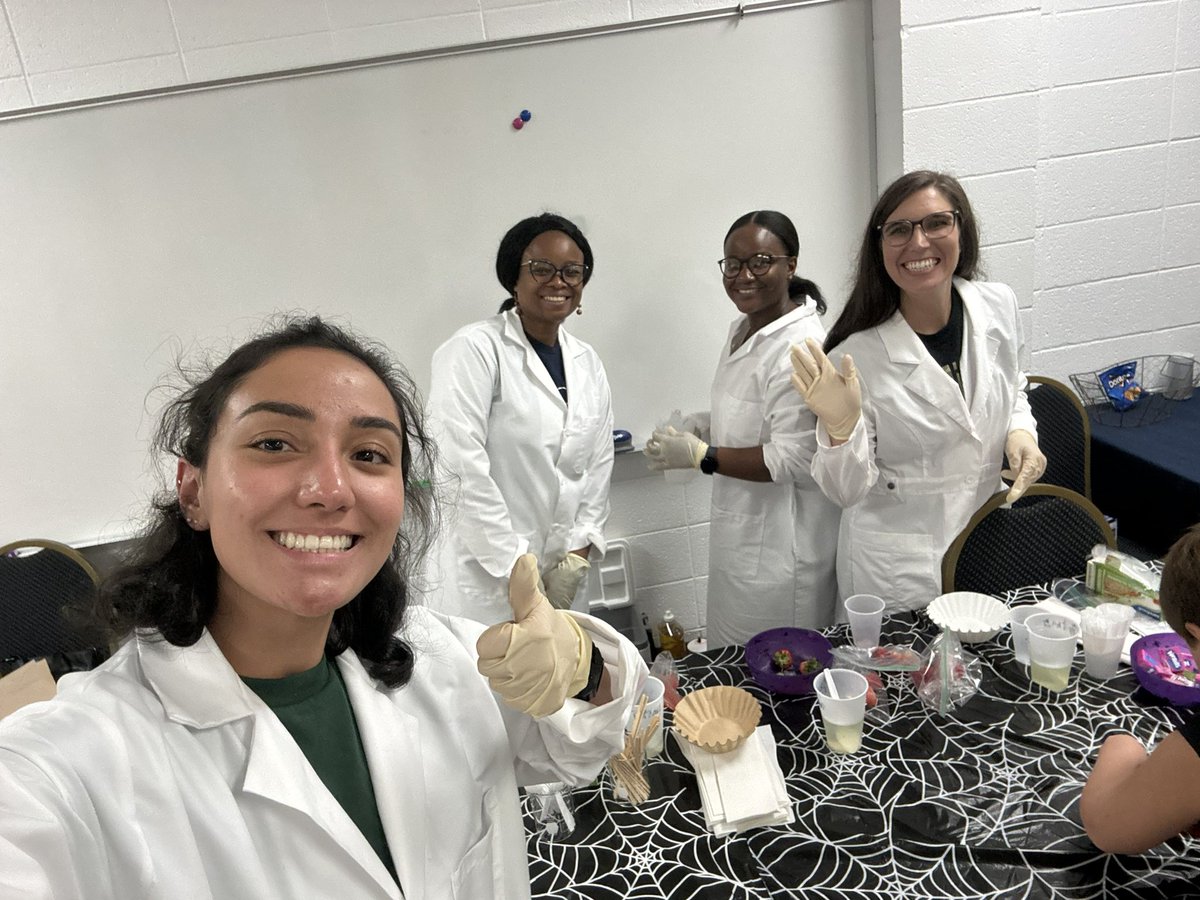
Janna Willoughby
@jannawilloughby
Assistant Professor in Forestry and Wildlife at Auburn @ausfws | evolutionary genetics, conservation of wild populations | she/her
ID: 526897160
16-03-2012 23:28:11
115 Tweet
338 Followers
769 Following

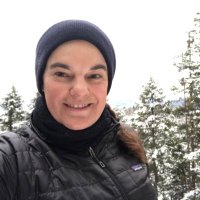

Thanks to PhD student Gina Lamka's leadership, we have a great new paper out exploring the power of epigenetics in ecology, evolution, and conservation @AvrilMHarder SchwartzLab @markrchristie J. Andrew DeWoody (and Mekala Sundaram) doi.org/10.3389/fevo.2… 👀
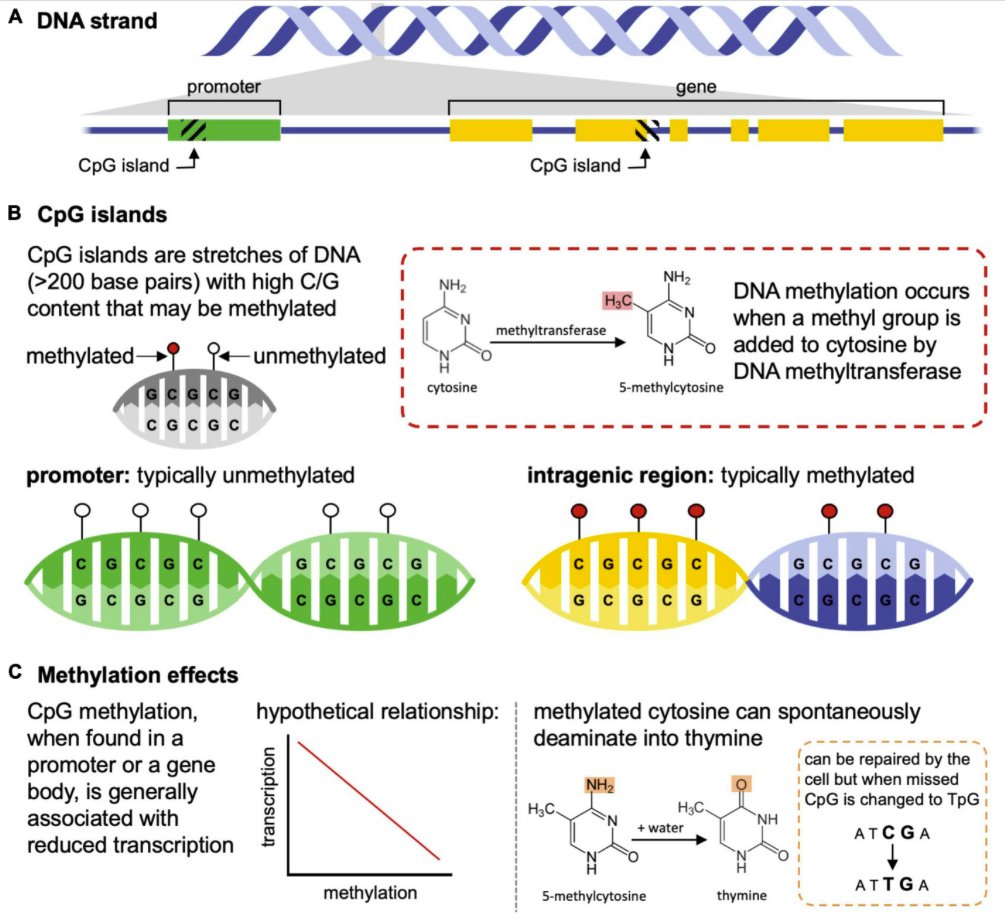

Amazing work this summer Andrea Miranda!

AU College of Forestry, Wildlife and Environment research team including Drs. Lori Eckhardt, Janna Willoughby, Joseph Fan, Lana Narine, and extension agent Ryan Mitchell are collaborating with the USFS to find solutions to a threat to pine forests! ocm.auburn.edu/newsroom/news_…





Please congratulate our 2023 travel award recipients!!! 👏 🎉 Read more about them below, and be sure to check out their presentations at the upcoming The Wildlife Society annual conference!
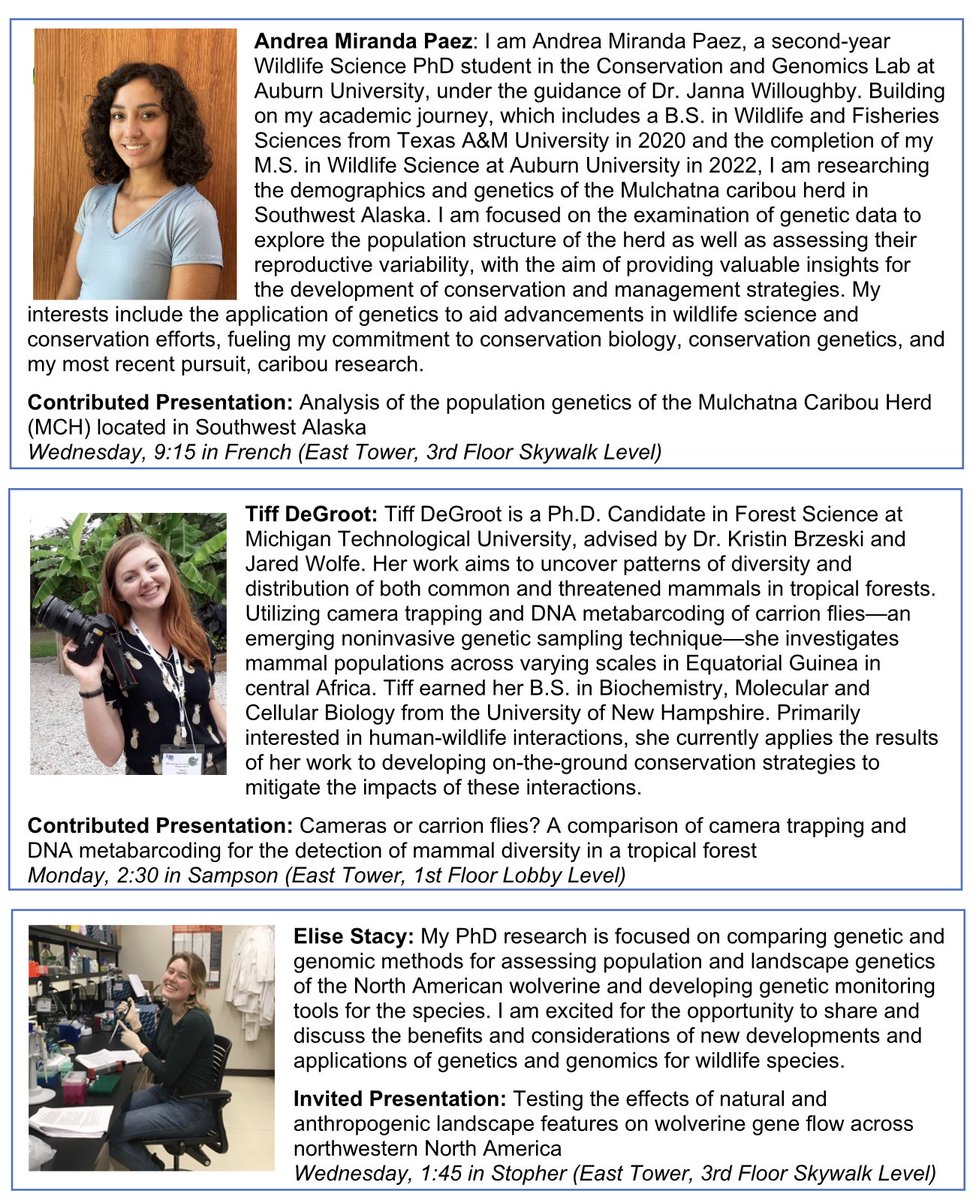
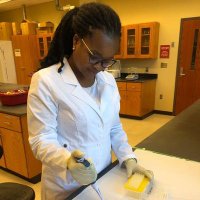
Happy to share my research at the ongoing #PopGroup57 conference at the University of St. Andrew. It's good to meet some experts in my field. Thanks to Conservation Genomics Lab Population Genetics Group and The Genetics Society
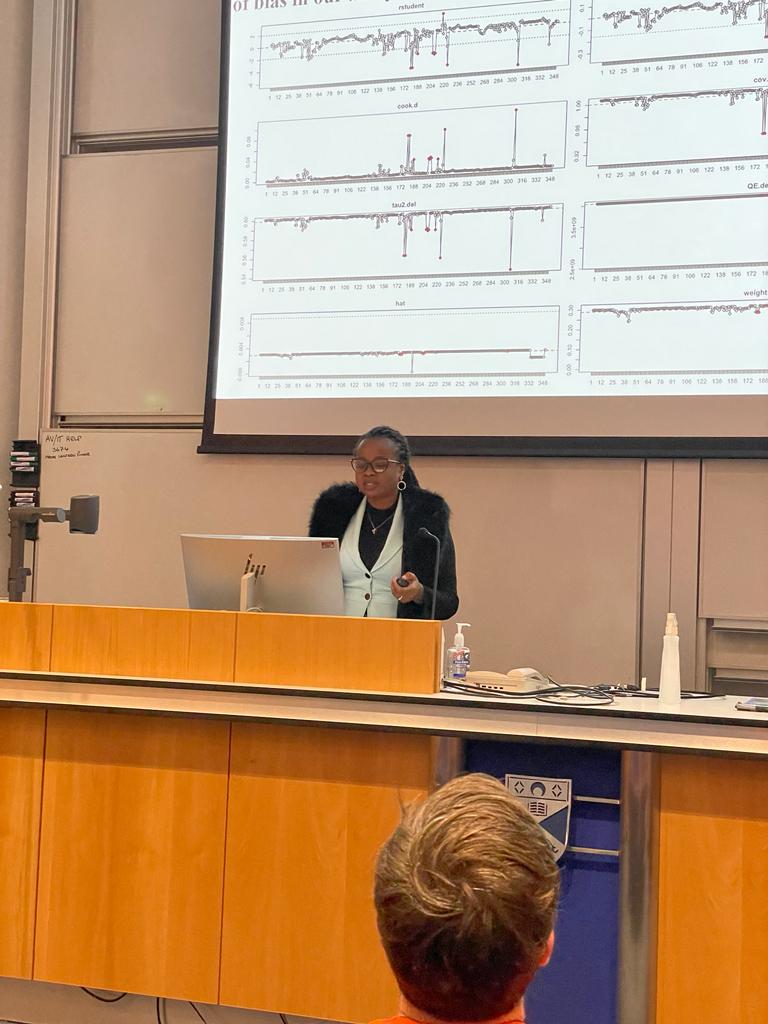

Today, Damseltemitee presented her research on fungi pathogens at the University of St. Andrew, Scotland! Great Job Temi!!👏🏽🥳 Population Genetics Group The Genetics Society #PopGroup57

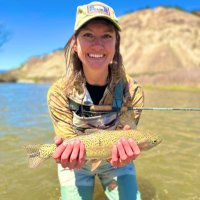
Read more about Hannah Henry, M.S. Ecological Society Graduate Student Policy Award here, congratulations Hannah!: wildlifewildernessrecreationlab.org/news
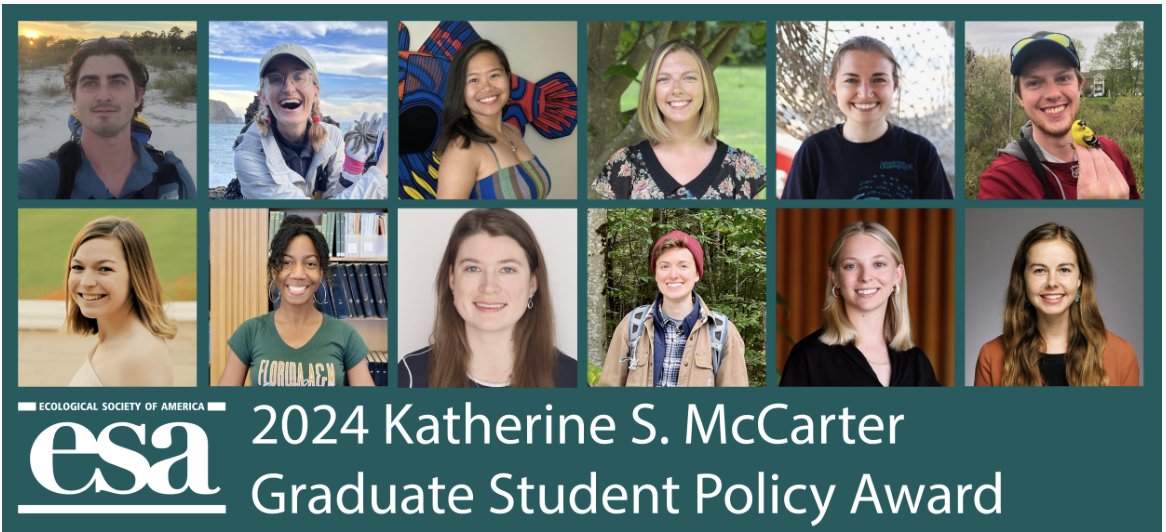

Last week Damseltemitee and Tabeth Mwema attended the 38th Annual MANRRS Conference and Career Expo where they had the opportunity to present their research, attend workshops, and network with leaders, universities, and federal and state agencies 🤝🏽🧬 #MANRRS #MANRRS38


Interested in speciation, genetic drift, and/or desert pupfish? If so, Erangi Heenkenda 's latest paper might be of interest. It explains how we think one species should be recognized as two, and how that apparently happened very rapidly due to genetic drift.

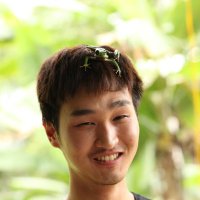
My second chapter research is now out on Evolutionary Applications at onlinelibrary.wiley.com/doi/10.1111/ev… ! In this research we collected and analyzed all available population-level whole-genome data of mammals from NCBI. 1/3


